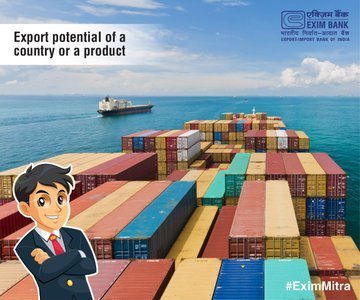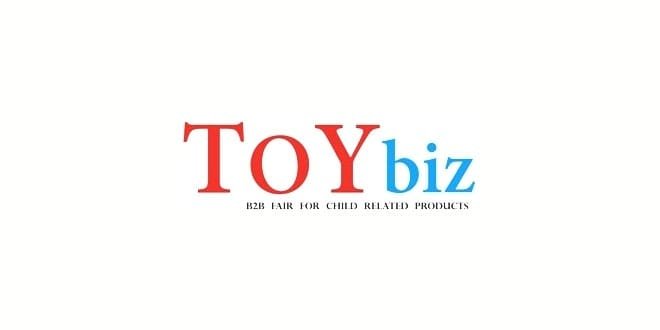Tackle China-HK trade with focus FTAs on right markets
A Broad-based Trade and Investment Agreement (BTIA) with the European Union has become all the more necessary, said FIEO, pointing out that Vietnam has signed an FTA and Investment Protection Agreement with the EU.
India is competing with Vietnam in the EU market and such FTAs will give an edge to Vietnam over India particularly in apparel, leather goods, footwear, tea-coffee, furniture and electronics, it has pointed out.
“Though India’s exports of electronics are not substantial, in the years to come, we can see exponential growth in electronics imports due to a lot of investments flowing into the electronic sector led by attractive fiscal support,” said FIEO on India’s FTA in an update on trade in 2020-21 on 25 June 2020.
India has not been able to gain much on FTAs as these were not targeted towards major markets, said the organization.
“We should focus on FTAs with our major export destinations like the US and EU.”
“We need to look into the totality of trade with China and Hong Kong,” said FIEO on the increasing imbalance trade with Greater China.
Much dependence on China can be reduced with short- to long-term plans, it added.
India has been able to reduce its import dependence in the mobile sector and the same can be replicated in other sectors of electronics, telecommunication and formulation of specialty in chemicals etc.
“We need to encourage Indian investments as well as FDI through fiscal incentives in such sectors,” stressed FIEO.
It pointed out that India’s exports to China grew from US$16.5 billion to US$16.95 billion in 2019 while imports declined from US$73.8 billion to US$68.2 billion in 2019. With the result, the trade deficit has come down to US$51.25 billion from US$57.3 billion.
However, at the same time, India’s trade deficit with Hong Kong has increased from a surplus position in one year.
Exports to Hong Kong in 2019 stood at US$11.5 billion as against imports of US$17.3 billion imports with the Trade Deficit of US$5.8 billion in 2019 (against a surplus of US$4 billion in 2017).
And last but not the least, Covid-19 has created a very challenging time for the exporters, stressed FIEO.
The exporters have lost orders and suffered substantial financial loss due to the prolonged lockdown. The working capital is almost wiped out.
“Under these circumstances, we need the government to support the exporters.
“However, it is with regret that we find thousands of exporters are declared “RISKY” without assigning any reason.
“This is most unfortunate particularly at this time when the government needs to be sympathetic and understanding.”
As soon as the exporter is declared RISKY by the customs, his Drawback and GST refund is stopped and all the containers are subjected to 100% check by the customs.
This is leading to missing the vessels and expiry of the Letter of Credits.
The procedure for removing the RISKY tag is long, complicated and time-consuming.
This has been going on for the last six months and has caused irreparable loss to exporters.
“We have appealed to the Revenue Department that if they find any exporter RISKY, then a bond can be taken from him but under no circumstance, his GST refund and other dues should be stopped,” FIEO pointed out.
In most cases, it is found that the reason for declaring RISKY is only due to some technical error in the system and for this, the exporters are paying a very heavy price.
“We have pointed out that exporters do KYC at three levels while opening the Bank Account, taking Import-Export Code and while registering with Export Promotion Councils.
It is impossible that the exporter would simply vanish. There are enough investigation agencies with the government to catch the errant exporters.
“This is the time for the government to repose trust on the exporters and boost their morale,” said FIEO. fiinews.com










